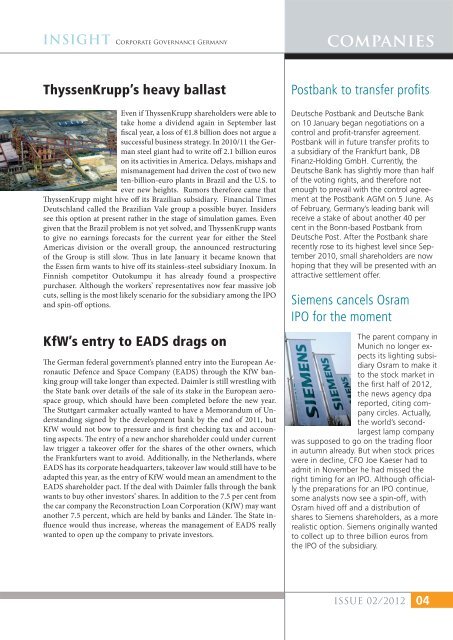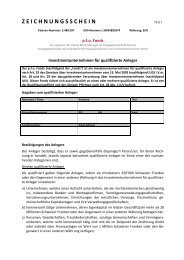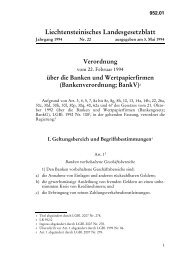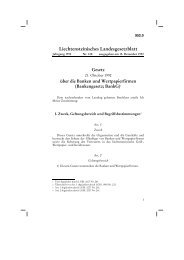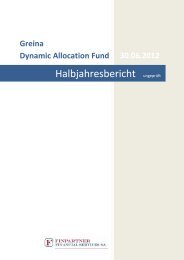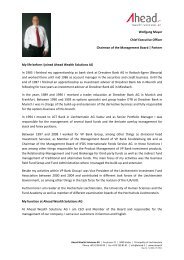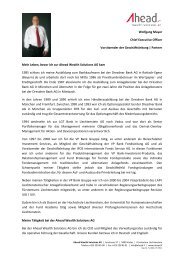iNSiGht - Intro
iNSiGht - Intro
iNSiGht - Intro
You also want an ePaper? Increase the reach of your titles
YUMPU automatically turns print PDFs into web optimized ePapers that Google loves.
insight corporate Governance Germany<br />
ThyssenKrupp’s heavy ballast<br />
Even if ThyssenKrupp shareholders were able to<br />
take home a dividend again in September last<br />
fiscal year, a loss of €1.8 billion does not argue a<br />
successful business strategy. In 2010/11 the German<br />
steel giant had to write off 2.1 billion euros<br />
on its activities in America. Delays, mishaps and<br />
mismanagement had driven the cost of two new<br />
ten-billion-euro plants in Brazil and the U.S. to<br />
ever new heights. Rumors therefore came that<br />
ThyssenKrupp might hive off its Brazilian subsidiary. Financial Times<br />
Deutschland called the Brazilian Vale group a possible buyer. Insiders<br />
see this option at present rather in the stage of simulation games. Even<br />
given that the Brazil problem is not yet solved, and ThyssenKrupp wants<br />
to give no earnings forecasts for the current year for either the Steel<br />
Americas division or the overall group, the announced restructuring<br />
of the Group is still slow. Thus in late January it became known that<br />
the Essen firm wants to hive off its stainless-steel subsidiary Inoxum. In<br />
Finnish competitor Outokumpu it has already found a prospective<br />
purchaser. Although the workers’ representatives now fear massive job<br />
cuts, selling is the most likely scenario for the subsidiary among the IPO<br />
and spin-off options.<br />
KfW’s entry to EADS drags on<br />
The German federal government’s planned entry into the European Aeronautic<br />
Defence and Space Company (EADS) through the KfW banking<br />
group will take longer than expected. Daimler is still wrestling with<br />
the State bank over details of the sale of its stake in the European aerospace<br />
group, which should have been completed before the new year.<br />
The Stuttgart carmaker actually wanted to have a Memorandum of Understanding<br />
signed by the development bank by the end of 2011, but<br />
KfW would not bow to pressure and is first checking tax and accounting<br />
aspects. The entry of a new anchor shareholder could under current<br />
law trigger a takeover offer for the shares of the other owners, which<br />
the Frankfurters want to avoid. Additionally, in the Netherlands, where<br />
EADS has its corporate headquarters, takeover law would still have to be<br />
adapted this year, as the entry of KfW would mean an amendment to the<br />
EADS shareholder pact. If the deal with Daimler falls through the bank<br />
wants to buy other investors’ shares. In addition to the 7.5 per cent from<br />
the car company the Reconstruction Loan Corporation (KfW) may want<br />
another 7.5 percent, which are held by banks and Länder. The State influence<br />
would thus increase, whereas the management of EADS really<br />
wanted to open up the company to private investors.<br />
companies<br />
Postbank to transfer profits<br />
Deutsche Postbank and Deutsche Bank<br />
on 10 January began negotiations on a<br />
control and profit-transfer agreement.<br />
Postbank will in future transfer profits to<br />
a subsidiary of the Frankfurt bank, DB<br />
Finanz-Holding GmbH. Currently, the<br />
Deutsche Bank has slightly more than half<br />
of the voting rights, and therefore not<br />
enough to prevail with the control agreement<br />
at the Postbank AGM on 5 June. As<br />
of February, Germany’s leading bank will<br />
receive a stake of about another 40 per<br />
cent in the Bonn-based Postbank from<br />
Deutsche Post. After the Postbank share<br />
recently rose to its highest level since September<br />
2010, small shareholders are now<br />
hoping that they will be presented with an<br />
attractive settlement offer.<br />
Siemens cancels Osram<br />
IPO for the moment<br />
The parent company in<br />
Munich no longer expects<br />
its lighting subsidiary<br />
Osram to make it<br />
to the stock market in<br />
the first half of 2012,<br />
the news agency dpa<br />
reported, citing company<br />
circles. Actually,<br />
the world’s secondlargest<br />
lamp company<br />
was supposed to go on the trading floor<br />
in autumn already. But when stock prices<br />
were in decline, CFO Joe Kaeser had to<br />
admit in November he had missed the<br />
right timing for an IPO. Although officially<br />
the preparations for an IPO continue,<br />
some analysts now see a spin-off, with<br />
Osram hived off and a distribution of<br />
shares to Siemens shareholders, as a more<br />
realistic option. Siemens originally wanted<br />
to collect up to three billion euros from<br />
the IPO of the subsidiary.<br />
issue 02/2012 04


